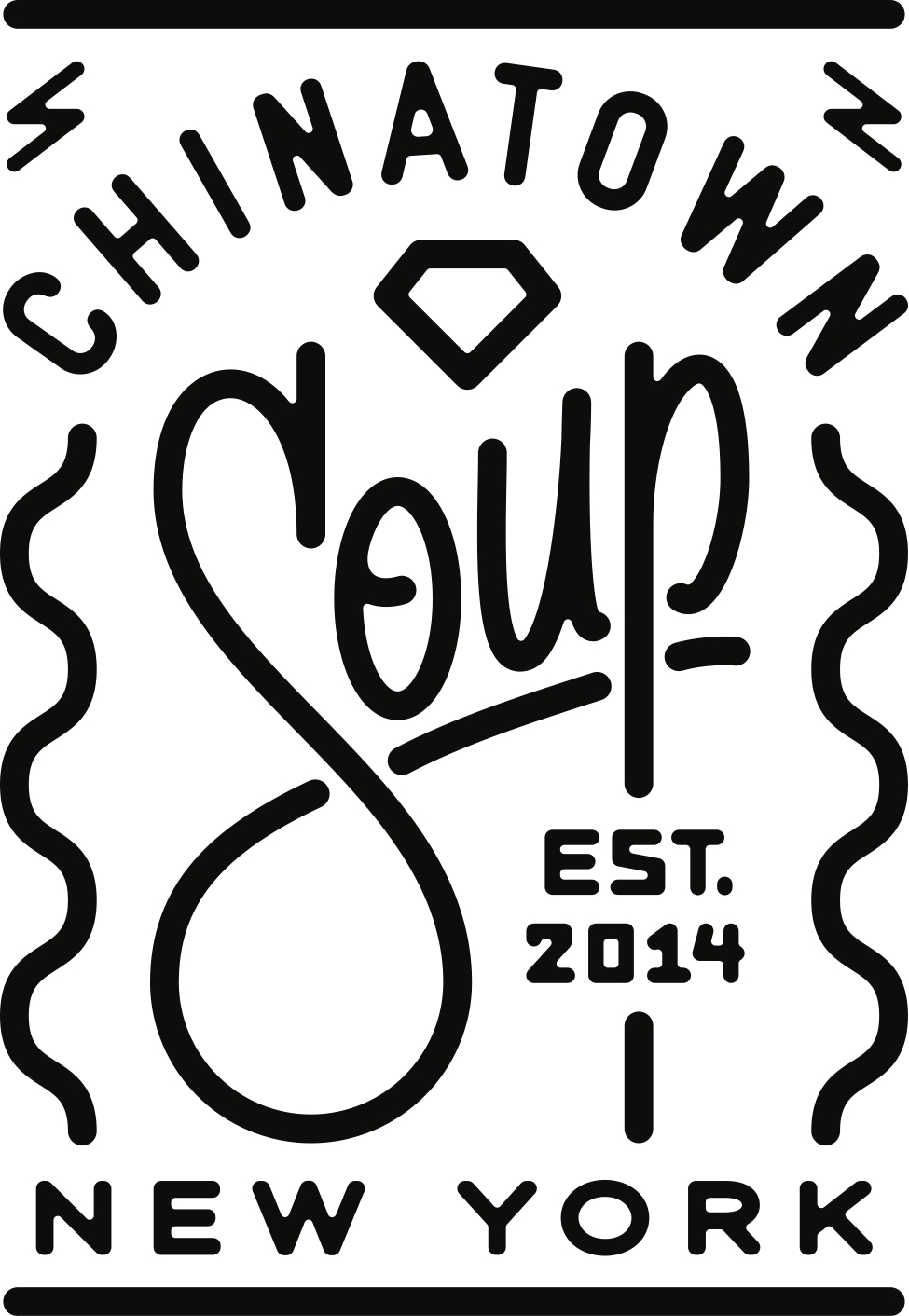TAIWAN DAYS
Chinatown Soup is pleased to present Taiwan Days, a collection of photographs documenting Kenny Wu’s Taiwan experience in early 2020. Please join us for an opening reception on Friday, October 15th from 6 - 8pm.
Prints are available for purchase, and 50% of proceeds will be donated to Send Chinatown Love's Gift-a-Meal program. This exhibition was sponsored by the New York City Artist Corps.
And now, the artist in his own words—
Taiwan Days is a collection of images taken during my two-month stay in Taiwan at the beginning of 2020. Little did I know that it would be my last international trip for a while, due to the Covid-19 pandemic. Before the trip, I had told some friends in NYC that I was going to be leaving town for Taiwan. Despite that most of them knew my family is from Hong Kong, some friends still asked, “Oh are you visiting family?” I found their questions humorous, as I did not have any relationship to Taiwan at all. Yet, because I look East Asian, there was an assumption that I must be going back to the “Motherland.”
Returning to the “Motherland” is a common trope associated with immigrants and their descendents in America. The idea being that they need to “go back” to another country in order to find themselves or connect with their roots. As a child of immigrants, I never felt 100% at home in the United States or in Hong Kong. Taiwan was as foreign to me as any other country, and yet, perhaps due to its own ambiguous identity and complicated history of colonization, I ended up finding kinship with this country.
I can’t entirely blame my friends for confusing Taiwan with Hong Kong. When I told my parents about my trip, they too were confused as to why I was going there for so long. They said, “Why don’t you just go to Hong Kong? We have family there.” Growing up, my family and I would visit relatives in Hong Kong every year. As much as I enjoyed those trips, I always found myself caught up with family engagements and not having time to myself for exploration. I wanted to go where I didn’t know anyone, but also where the culture was still familiar.
During my stay in Taipei, there were many aspects that felt like “home,” from the spicy beef shin noodle soups to being in a homogenous environment where I fit in, instead of standing out as “other.” The kindness of the people there and the feeling of safety (I hitchhiked around the country without a worry) was a welcome change from being on guard in New York. Yet there was this barrier of indirectness in Taiwanese culture that challenged my American tendencies; at times I felt my candidness may have offended the locals. In these moments, I was homesick for New York, and this made me feel more American than I wanted to admit.
Many Taiwanese also assumed I had come to visit family. They were often confused when instead of speaking Mandarin, I spoke Cantonese. They weren’t sure how to interact with me, because I wasn’t “Chinese” enough and lacked the external appearance to draw appeal as a Westerner.
This liminal state of existence left me lonely and nostalgic for the fresh memories I was creating. I remember riding a scooter at 5am in the morning in Kenting, Southern Taiwan. Looking out on the open and desolate road, I was overcome with a deep feeling of sadness and self-pity. It felt a bit silly, especially as I had made genuine and lasting friendships in Taiwan. But, I was chasing a youth that had already passed. I knew what lay ahead was a more settled and comfortable lifestyle of my thirties.
What I found in Taiwan was a part of myself, and so, in a sense, I did return to the Motherland. As I am writing this in NYC during one of the worst pandemics of our time, I find myself missing this small East Asian island and the personal connections I made there. I miss the savage and awe-inspiring landscapes of Taroko National Park, the liveliness and rowdiness of eating and drinking with new friends at a re-chao restaurant in Taipei, the feelings of solitude while walking on the beach in Taitung, and the uncomfortableness of staying in an eight-person hostel in Tainan.
Perhaps that’s what the Motherland is: a place you yearn for that becomes an uninhabitable memory. I might not be from Taiwan or have any family roots there, but my feeling of belonging remains. If home is where the heart is, then I left a piece of my heart in Taiwan, my adopted Motherland.
Kenny Wu is a New York-based photographer and cinematographer, serving mainly as a Director of Photography and Camera Operator. He has worked on shows such as Saturday Night Live, the Patriot Act with Hasan Minhaj, and Late Night with Seth Myers. When not on a set, he is traveling and rock climbing. His photography documents people and places from his journeys abroad. Whether it's for work or leisure, traveling is a way for Kenny to disconnect from familiar surroundings in New York City. Being in a foreign environment inspires him to see beyond habituation, creating awareness and presence necessary for making photographs.
